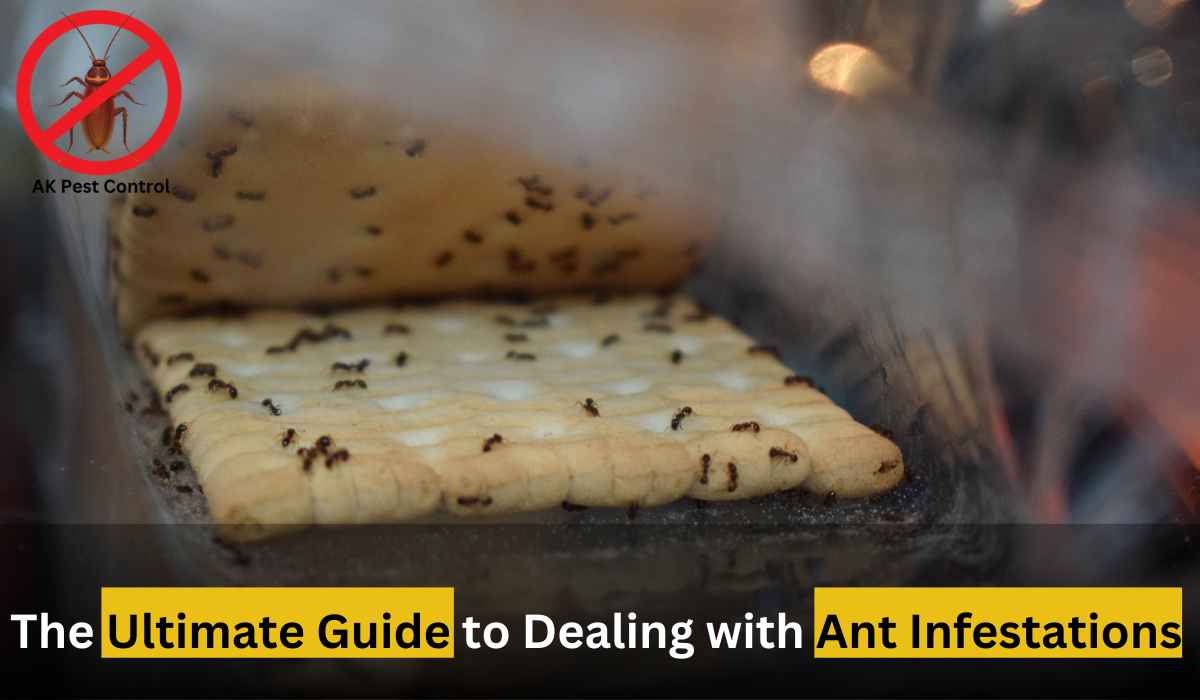In the world of pests, ants are some of the most common intruders we encounter in our homes. From their scientific name, Formicidae, to their varied colors, and even their tricky lifespan, these little critters can be both fascinating and frustrating to deal with. In this article, we’ll delve into the science and practicality of ant control, answering the age-old question: “How to kill ants?”.
Contents
Understanding the Ant World
The Scientific Name
Ants belong to the family Formicidae. But there’s more to them than just this formal designation. Let’s explore.
Ants, scientifically known as Formicidae, are small insects that have managed to adapt to various environments across the globe. They form complex colonies and come in a range of colors, with brown to black being the most common.
The Color Palette
Ants come in a spectrum of colors, from light brown to pitch black. This wide range of colors can make identifying specific ant species quite challenging.
Anatomy – Unveiling Their Unique Features
Ants are known for their distinctive features. One of the most recognizable is their broad, triangular mandibles, armed with short, pointy teeth. These mandibles serve various purposes in the ant world.
The Lifespan of Ants
The lifespan of ants varies greatly, depending on the type of ant and the role they play in the colony. While some ants may only live for a few months, others can thrive for several years.
Dealing with Ant Infestations
The Challenge of Ant Infestations
Ant infestations can be a real headache for homeowners. They can quickly multiply, invade your kitchen, and disrupt your daily life.
How to Kill Ants – An Overview
So, how do you effectively deal with ant infestations? There are several methods available, each with its own advantages and drawbacks.
Spraying
One common approach is spraying insecticides. This method is quick and efficient, but it may not eliminate the entire colony.
Dusting
Dusting with ant-specific powders can be a good solution for hard-to-reach areas. This method is effective for both prevention and treatment.
Applying Gel
Ant baits in gel form can be strategically placed to attract and poison ants. This method is excellent for targeting specific ant species.
Using Bait
Baits can be laid out to lure ants and exterminate them. This method requires patience as it may take time to eliminate the entire colony.
The Art of Ant Control
Ant Prevention Tips
Prevention is often the best form of ant control. Here are some useful tips to keep those pesky ants at bay.
Keep it Clean
Maintaining a clean environment is crucial. Wipe down surfaces, sweep floors, and remove food scraps promptly.
Seal Entry Points
Ants can find their way into your home through even the tiniest openings. Seal cracks and gaps in walls, doors, and windows.
Proper Food Storage
Store food items in airtight containers to prevent ants from gaining access to your pantry.
Conclusion
Ants, with their intriguing biology and persistent presence, are a challenge many homeowners face. Understanding their nature and employing effective control methods is essential to maintaining a pest-free home. So, whether it’s dusting, gels, or baits, you now have the knowledge to tackle ant infestations successfully.
Frequently Asked Questions (FAQs)
Are all ants the same color?
No, ants come in various colors, with brown to black being the most common. Some species may exhibit different colors.
Can I rely solely on prevention methods to avoid ant infestations?
Prevention is a vital aspect of ant control, but sometimes infestations can occur even in the cleanest homes. It’s best to be prepared to address the issue.
How do I know if I have an ant infestation?
Signs of an ant infestation include seeing ants in your home, finding ant trails, or discovering ant nests near your property.
Are there eco-friendly ways to deal with ant infestations?
Yes, there are eco-friendly and natural methods, such as using vinegar, lemon juice, or diatomaceous earth, to repel or eliminate ants.
Are ants harmful, or are they just a nuisance?
While most ants are not directly harmful to humans, some can bite or sting. Additionally, they can contaminate food and be a general nuisance in your home.

